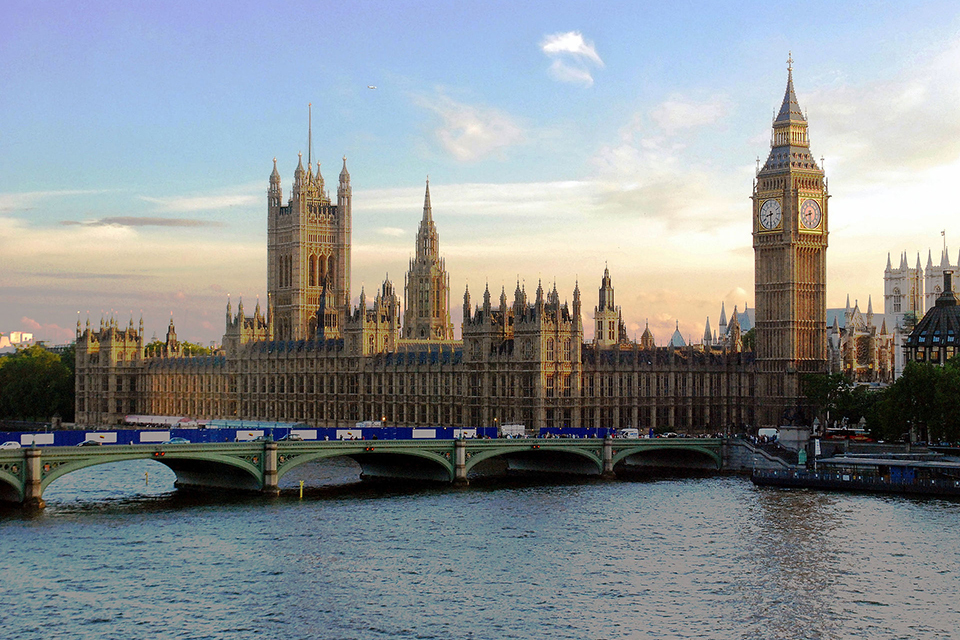Media Bill: Industry response
March 30, 2023
By Colin Mann

Following publication by the UK government of its draft Media Bill, which it says will enable public service broadcasters better to compete with streaming giants, a number of political and industry figures have shared their thoughts on the proposals.
Shadow culture secretary Lucy Powell said that the bill was “long overdue”, adding: “British TV and radio producers need to be better protected and promoted in the streaming age.”
“In recent years, the sluggishness of policy makers in adapting to changes in the media landscape has hindered the progress of British businesses,” commented Kieren Mills, Head of Broadcast, Total Media. “ITV held a dominant position in the UK broadcast market, but was constrained by Contract Rights Renewal, whereas Google enjoyed unregulated freedom with a 90 per cent share of the search market.”
“Although the horse has already bolted to a certain extent, it is reassuring to witness the Department for Culture, Media, and Sport slowly catching up. Protectionism should not be promoted, but British media companies should have the opportunity to operate on a fair and equitable playing field, particularly in an industry with such significant cultural importance.”
“Encouraging British media companies to produce local content is crucial for their existence, for two reasons. Firstly, the trickle-down effect supports the UK’s creative sector, which is one of the few areas that has maintained its international standing in a globalised world. Secondly, British media cannot compete with the global streamers at what they do best – high-budget, special effects-laden, and territorially homogeneous content. Localising their content is what will enable British TV and radio companies to distinguish themselves from their counterparts, thereby retaining their audiences,” he concluded.
“The Government’s proposed Media Bill is a positive move towards establishing a level playing field between Public Service Broadcasters (PSBs) and Video on Demand (VoD) services,” said Oscar Wall, General Manager EMEA at Recurly. “It aims to grant equal freedoms and access to invest in new technology, resulting in a more consistent and unified experience for viewers across various platforms.”
“In the ever-growing and complicated streaming media landscape, the suggested new rules will enable Ofcom to regulate and manage more consistently, creating healthy competition with the same high standards for all.”
“Furthermore, additional investment in technology will attract larger audiences and establish more personalised and lasting connections with viewers. This will drive revenue through advertising, subscriptions, and potential multi-platform media partnerships,” he suggests.
“This long-awaited bill follows the blueprint set out in the government’s white paper last April, which was centred around a desire to update UK law for the digital era and to better protect UK media services when competing with global platforms,” notes Jamie Heatly, media lawyer at Osborne Clarke. “This law signals a step change in the regulation of TV and radio in the UK and a significant shift away from harmonisation with the EU.”
“There are a number of elements which will be welcomed by UK public services broadcasters (PSBs), particularly when competing with global streaming players. These include requirements on smart TVs and other digital platforms to make PSB content more prominent. The bill also follows through on the promise of a new, more flexible, PSB remit which can be fulfilled on VoD as well as via channels. Rights to show major sporting events will also be exclusively reserved to free-to-air PSB services.”
“On the other hand, international streaming services face a swathe of additional measures. The bill overhauls the traditional scope of UK on-demand law by extending Ofcom’s jurisdiction to services which are not based in the UK. Taken together with rule changes following Brexit, multi-territory channels and VoD services are likely to find themselves subject to dual regulation in the EU and UK. This extension of scope is compounded by a far stricter content code for some, in a major move away from the relatively light touch rules currently in place for on-demand services.”
“The bill would also require smart speaker providers to provide access to all UK licensed radio stations and to avoid overlaying ads on those station, with potentially far reaching consequences for existing distribution and advertising arrangements between stations, aggregators and smart speaker device operators,” he says.
“It’s only right and proper that the US stream of services should fall under the same regulator as the traditional UK TV broadcasters; irrespective of where the broadcaster is housed, ultimately, the content they distribute goes out to UK homes,” commented Alex Debenham-Burton, VP, Head of Reservation Media, EssenceMediacomX.
“The latest BARB viewing figures show that Netflix reaches around 50 per cent of the UK population. There is a need for the content it delivers to be curated to the same standards as the likes of ITV, C4 and Sky.”
“Alongside Amazon’s Freevee and Prime offerings, Netflix now has commercial/ad lite packages, with Disney due to launch its offering in the coming months. This is an important development in terms of holding these players accountable for the content they produce, procure and deliver in UK homes and being able to take action should standards fall foul of the expectations set.”
